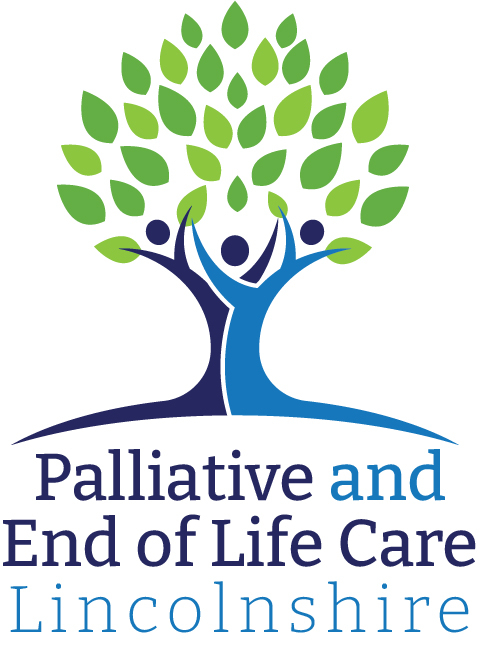
Service categories
Last year / months of lifeDWP Special Rules Update
From Monday 3rd April 2023, the SR1 form which allows you to complete if you feel a patient may have less than 12 months to live, has now been implemented to support all DWP benefits. This form is not new but for the past year has only been in place to support 2 benefits. That is why the DS1500 continued.
From now, you can complete the SR1 form instead of a DS1500 and send referral as normal. The new form just gives clinicians more freedom to complete as the prognosis of life expectancy has changed from likely to die within 6 months to 12. The official DWP guidance wording:
The 12-month, end of life approach used in the Special Rules means that the DWP is aligned with the NHS, where the definition of ‘end of life’ states that ‘patients are approaching the end of life when they are likely to die within the next 12 months.
The website below is really helpful and gives guidance to clinicians on completing an SR1 form: is: https://www.gov.uk/government/publications/dwp-factual-medical-reports-guidance-for-healthcare-professionals/the-special-rules-how-the-benefit-system-supports-people-nearing-the-end-of-life
Main points:
-
The Special Rules provide people nearing the end of life with faster and easier access to some benefits
-
On 3rd April 2023, improvements to the Special Rules criteria have brought PIP, DLA and AA in line with previous changes made to UC and ESA in April 2022
-
Therefore, individuals who are likely to have less than 12 months to live can now claim PIP, DLA, AA, UC and ESA via the Special Rules
-
Clinicians, such as a GP, consultant, hospice doctor or senior specialist nurse, can be asked to provide medical evidence on an SR1 form to support benefit claims made via the Special Rules process (the SR1 form has replaced the DS1500, please destroy all copies of the DS1500)
-
For more information about the Special Rules, obtaining an SR1 form and for guidance about providing medical evidence, please go to www.gov.uk/dwp/special-rules
-
Please also disseminate this information into your clinical community to encourage clinicians to talk about financial support as part of wider conversations about what matters most to their patients
